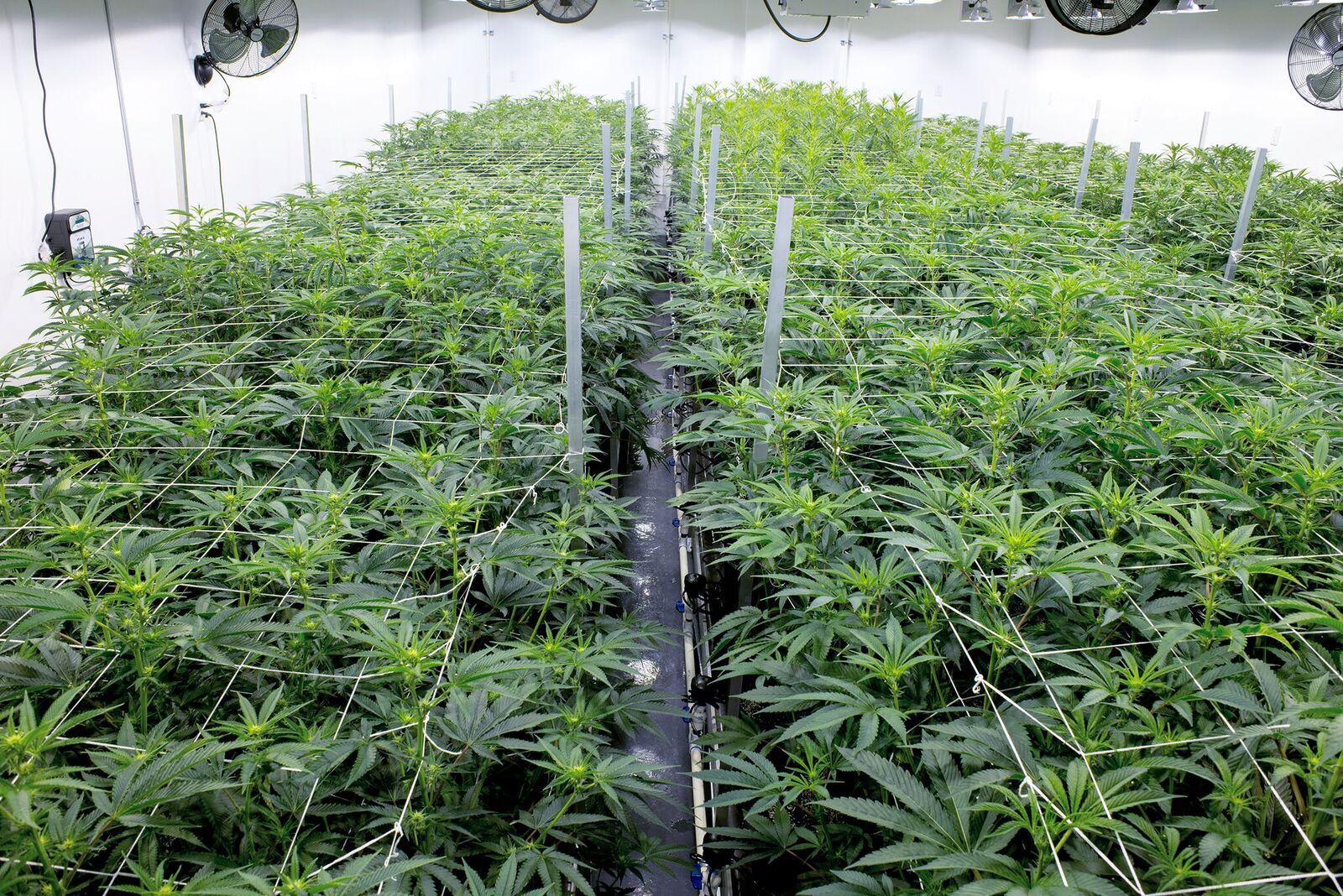You’ve heard it in a lot of campaigns to legalize cannabis on a state level and even as the name of a bill in Congress for legalization on the federal level. The Marijuana Policy Project through their campaigns in several states, along with activists, politicians and lobbyists, have used the phrase “Regulate Marijuana Like Alcohol” as a rallying cry to pass legislation reforming cannabis laws. This isn’t an attack on them; those campaign names serve the cause well, moreover it was the name of successful campaigns in Massachusetts, Maine, California, Alaska and Colorado among others. It is a relatable and fair comparison, helping to normalize the concept of adults using cannabis in a legal environment.
But that feeling of validation is short-lived after lawmakers write the actual regulations. In reality, I don’t think a single state can confidently say they actually regulate cannabis like alcohol. Most states do not allow public or social consumption of cannabis; many people that would like to enjoy cannabis in a social setting are restricted to the confines of their home.

Photo: Cannabis Destiny
Voters in Colorado passed Amendment 64 in 2012 with this language in the very beginning of the bill: “In the interest of the health and public safety of our citizenry, the people of the State of Colorado further find and declare that marijuana should be regulated in a manner similar to alcohol.” If you look closely, you can see how important phrasing is when it comes to the specific regulations. The key words here are “a manner similar to alcohol,” not exactly like alcohol. That language is critical to understanding how regulators address the double standard.
The most obvious way lawmakers regulate cannabis like alcohol is through a tiered system of license holders: manufacturers, distributors or wholesalers and retailers. Many states might set a limit on potency, just like they do with alcohol, according to Pamela S. Erickson, former executive director of the Oregon Liquor Control Commission. Both of the drugs are taxed and there are usually regulations for both governing the advertising of products, such as preventing targeting youth or encouraging high consumption. Regulators might limit the store hours or locations for both cannabis and alcohol. Beyond those similarities, there are a number of areas where cannabis is over-regulated and alcohol is seemingly under-regulated. It is very possible that much of this has to do with the power of the alcohol lobby. In 2016, the alcohol industry spent over $26 million on lobbying efforts, according to the Center for Responsive Politics, a non-profit, nonpartisan group that tracks lobbying efforts. During election season, the alcohol industry spent more than $11 million on campaign contributions. There are several examples of the alcohol industry actively fighting legalization efforts, including paying for anti-cannabis ads in a Politico newsletter and even funding opposition campaigns. While this doesn’t exactly pertain to the regulation of cannabis versus alcohol, it gives you a glimpse of how deep their coffers go and the amount of influence they have on politics.
Last year, the city of Denver passed a ballot measure, Initiative 300, which will legalize the social consumption of cannabis in permitted venues. The Denver Social Consumption Advisory Committee met for the final time last week. That committee designed two styles of permits: one for events and one for established businesses, which would receive a designated consumption area permit (DCA). Those permitted venues must be 1,000 feet from schools, child-care centers or drug rehabilitation centers. They need a waste plan, compliance with the Indoor Air Quality Act and they cannot sell cannabis products. Rachel Gillette, attorney in the cannabis law group and shareholder at Greenspoon Marder, says the legal implications of the initiative are still up in the air. “This was a step in the right direction,” says Gillette. “You can’t pass a law to regulate marijuana like alcohol and then say people can only use it in their home. You are going to run into problems like people smoking on the street. This is why this initiative was introduced.”

The general idea here is B.Y.O.P.- bring your own pot. They cannot have a liquor license, the location cannot be accessible to the general public, they have to submit a detailed security plan and patrons have to sign a waiver to get in, according to Westword. Signing a waiver to get into a bar should seem asinine to anyone, but I have been to some dive bars where a waiver could’ve definitely been useful. The point is that cannabis doesn’t lead to violence or destructive behavior, alcohol is the drug that does that. There is plenty of evidence to support that, including a comparative risk assessment of the drugs, which found alcohol’s danger to be strongly underestimated previously.
Senate Bill 63 in the Colorado State legislature would have been very similar, issuing licenses for “marijuana consumption clubs.” However that bill was voted down last Thursday, largely due to the uncertainty of federal policy, according to ABC News.
Amendment 64 also has specific language saying you cannot consume cannabis in a public space, but that is not exactly the case with liquor, even when you consider open container and public intoxication laws. “In my previous interactions with the state and particularly the liquor licensing authority, they consider liquor-licensed premises to be de facto public spaces but you can’t consume cannabis there, which is why hotels, bars and restaurants explicitly prohibit cannabis consumption, they have a liquor license,” says Gillette. “There is a bit of conflict in the law here.”
Yet other rules, such as mandatory childproof containers for cannabis retailers, seem a bit draconian compared with buying a bottle of twist-off wine from the grocery store. “Childproof packaging isn’t required in liquor stores anywhere,” says Gillette. “Why cant responsible adults be trusted to keep it out of a child’s reach? Unfortunately there is a lot of trepidation to allow responsible adults to be responsible when it comes to cannabis.” In some ways, we are seeing states begin to regulate cannabis very closely to how they would alcohol, yet there is a long way to go. “There is still this nanny state mentality where we run the risk of regulating it to the point of absurdity,” says Gillette. For now at least, we need to be cognizant of the age-old stigma and work to normalize social cannabis use in a legal sense. Until that time comes, we will have to tolerate lawmakers regulating cannabis in a manner similar to alcohol, not exactly like alcohol.















































